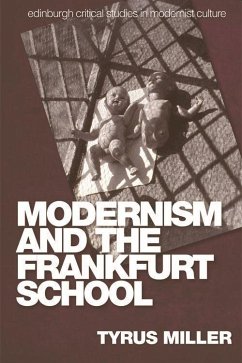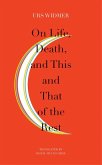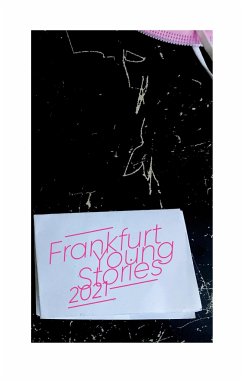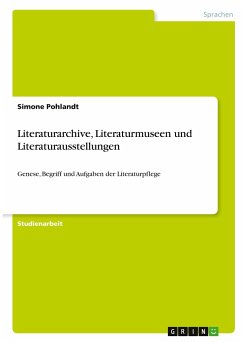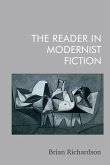'While the Frankfurt school shaped the concept of "modernism", it also got stuck between "high art" and "mass culture". Modernism and the Frankfurt School audaciously reframes the critical discussion. It engages with literature, music, the visual arts and the theatre, to highlight modernism's "turbulent now" with unrivalled brilliance and intelligence.' Jean-Michel Rabaté, Professor of English and Comparative Literature at the University of Pennsylvania 'This book is masterful in the economy of its summaries, paraphrases and analyses of the principal contributors to the School, in the scope of its references and allusions to context, and in its insights into the historicity of the School's development in the different locales and phases through which the School passed over the course of its evolution. Miller has a gift for grasping the heart of the matter of any complex argument or performance.' Hayden White, University Professor of the History of Consciousness, Emeritus, University of California Tyrus Miller's book offers readers a focused introduction to the Frankfurt School's important attempts to relate the social, political and philosophical conditions of modernity to innovations in twentieth-century art, literature and culture. The book pursues this interaction of modernity and modernist aesthetics in a two-sided, dialectical approach. Not only, Miller suggests, can the Frankfurt School's penetrating critical analyses of the phenomena of modernity help us develop more nuanced, historically informed and contextually sensitive analyses of modernist culture; but also, modernist culture provides a field of problems, examples and practices that intimately affected the formation of the Frankfurt School's theoretical ideas. The individual chapters, which include detailed discussions of Walter Benjamin, Theodor Adorno, Herbert Marcuse as well as a survey of later thinkers influenced by the Frankfurt School, discuss the ideas of a given figure with an emphasis on particular artistic media or contexts: Benjamin with lyric poetry and architecture as urban art forms; Adorno with music; Marcuse with the liberationist art performances and happenings of the 1960s. Tyrus Miller is Professor of Literature at the University of California Santa Cruz. Cover image: Two Dolls, László Moholy-Nagy, 1926. Courtesy of George Eastman House, International Museum of Photography and Film (c) DACS. Cover design: [EUP logo] www.euppublishing.com
Bitte wählen Sie Ihr Anliegen aus.
Rechnungen
Retourenschein anfordern
Bestellstatus
Storno

